Space
Sign up for our newsletter
We summarize the week's scientific breakthroughs every Thursday.
-
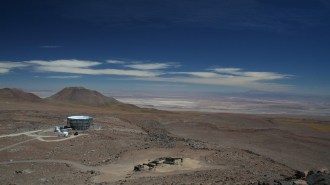 Cosmology
CosmologyNew baby pictures of the universe deepen a cosmic mystery
Cosmic microwave background data support cosmology’s standard model but retain a mystery about the universe’s expansion rate.
-
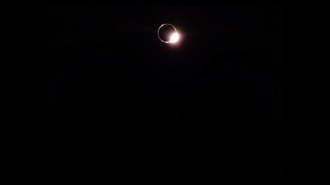 Space
SpaceThe Blue Ghost lander just witnessed a lunar eclipse — from the moon
The privately-owned lander turned its cameras toward Earth as our planet cast its shadow over the moon. It’s not the first spacecraft to do so.
-
 Chemistry
ChemistryA new iron compound hints ‘primordial’ helium hides in Earth’s core
Earth’s core could contain helium from the early solar system. The noble gas tucks into gaps in iron crystals under high pressure and temperature.
By Skyler Ware -
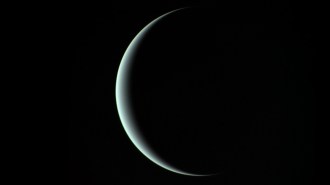 Planetary Science
Planetary ScienceUranus emits more heat than previously thought
Uranus radiates more energy than it gets from the sun, two new studies find — just as Jupiter, Saturn and Neptune do.
By Ken Croswell -
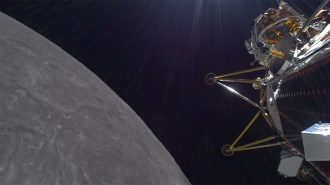 Space
SpaceTwo privately-owned spacecraft make contact from the moon
Firefly Aerospace landed a craft safely last week, a first for a private company. But Intuitive Machines’ mission ended when its lander wound up on its side in a crater.
-
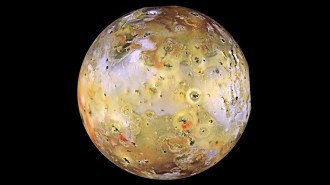 Planetary Science
Planetary ScienceJuno reveals dozens of lava lakes on Jupiter’s moon Io
NASA’s Juno spacecraft identifies over 40 enormous lava lakes on Io, shedding light on the extreme volcanism sculpting Jupiter’s moon.
-
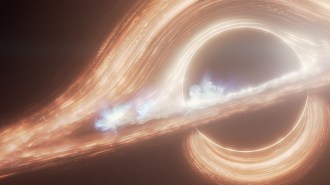 Astronomy
AstronomyThe Milky Way’s black hole is constantly bubbling
The disc of plasma surrounding the black hole at the heart of the Milky Way is constantly emitting flares both large and small.
-
 Astronomy
AstronomyCitizen scientists make cosmic discoveries with a global telescope network
On balconies and in backyards, Wi-Fi–enabled telescopes are connecting astronomy enthusiasts across six continents.
-
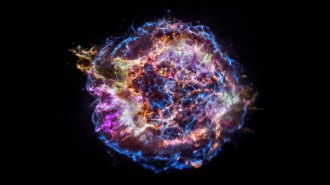 Astronomy
AstronomyThe universe’s first supernovas probably produced water
Water may have formed less than 200 million years after the Big Bang, suggesting some conditions for life existed far earlier than previously thought.
-
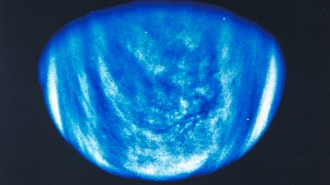 Planetary Science
Planetary ScienceA private mission to Venus aims to look for signs of life
If successful, Morning Star would be the first private mission to another planet and the first in over 30 years to directly measure Venus’s clouds.
-
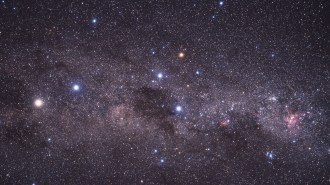 Astronomy
AstronomySome of Earth’s meteors are probably coming all the way from a neighboring star system
The triple star system is sending comets, asteroids and meteors our way, and the number of interstellar objects entering the solar system will rise.
By Ken Croswell -
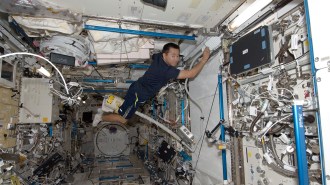 Space
SpaceThe International Space Station lacks microbial diversity. Is it too clean?
Hundreds of surface swabs reveal the station lacks microbial diversity, an imbalance that has been linked to health issues in other settings.